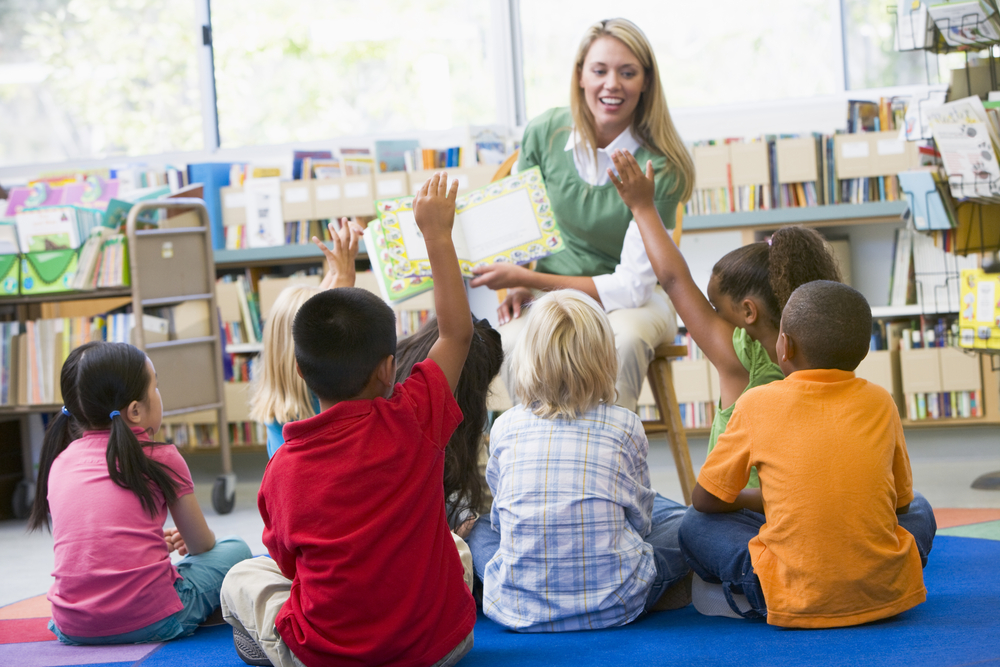
Supporting Gender Diverse Kids in Early Childhood Education
When early childhood educator and current PhD candidate Ariel Liddicut first had a gender diverse student in her kindergarten class, she didn’t know what to do. At the time she was a recent bachelor graduate, and the content had not been covered in her degree. When she sought advice from colleagues and mentors, most were unsure as well.
After reaching out to support services and learning that many didn’t work with children of that age, Ariel began the process of researching and teaching herself how to support this child and their family. Other kindergartens began to reach out to her for support, and ultimately it led to her pursuing her PhD in the topic of gender inclusive early childhood education.
Ariel explains that being open to kids expressing their gender identity and listening to them is really important. “I really realised that this is not an isolated incident. This is happening really quite frequently.”
“I think it’s those early moments when children start to express their gender identity[…]the response that they receive in that moment is really pivotal to their ability to trust themselves and their ability to feel like this is okay.”
Through her research, Ariel found that many teachers in the early childhood sector had a similar experience to her. Thankfully, it’s a topic that is starting to be included in teaching degrees. However, not all schools are on board.
Ariel explains that even when teachers wanted to educate children on gender diversity, not all felt they were able to.
“There were certainly people from religious schools that, even if they had a strong belief and the knowledge that they needed to educate children on gender diversity to allow a child to feel safe, people in their management or the hierarchy of the kindergarten didn’t allow that practice.”
The best way to be proactive about educating and normalising the discussion of gender diversity is to talk about it, Ariel says.
“I think talking to people that have experience in this area, especially if there’s anyone in your life who is trans or gender diverse themselves, asking if they feel comfortable to have a conversation about it.”
“The more we can talk about it, I think the more normal its going to become.”
You can learn more about Ariel’s work in promoting gender inclusion here.
Image credit Shutterstock


